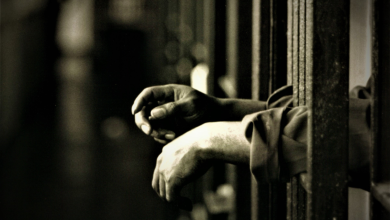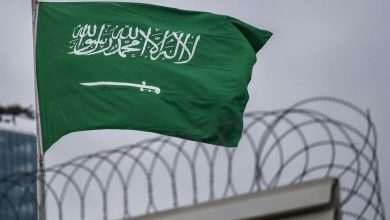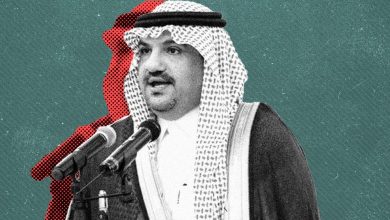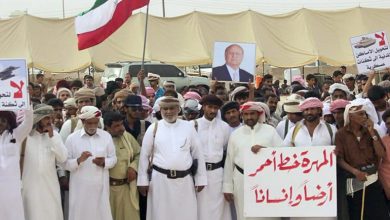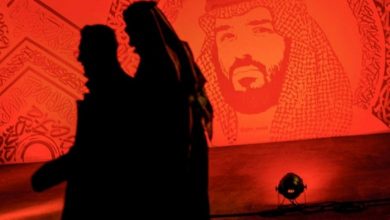International Committee: Saudi authorities impose more complex methods to silence independent media
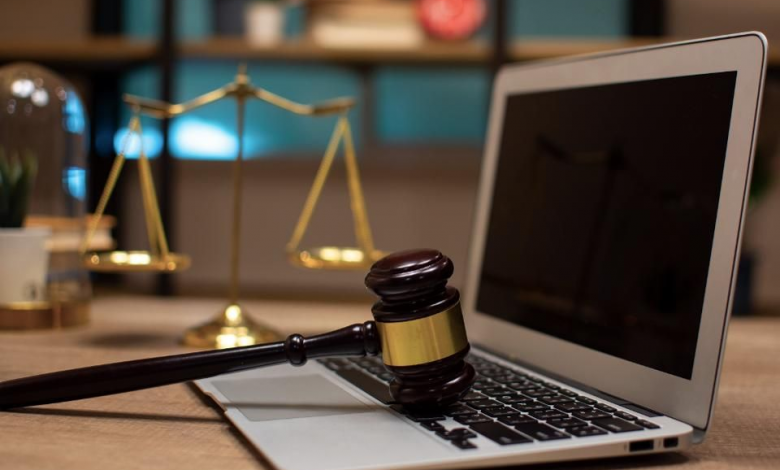
The International Committee to Protect Journalists said that the Saudi authorities are imposing more sophisticated tactics to silence independent media and establish a tight security grip in the Kingdom.
The ICRC downplayed some improvements in Saudi Arabia’s protection of journalists, stressing that this does not necessarily indicate the authorities’ respect for freedom of the media and the press.
Saudi Arabia ranked eighth in 2021 after it was fourth in classifying countries that imprison the most significant number of journalists.
The Saudi government is seeking to modernize the country within the framework of Vision 2030. Instead, it has devised more sophisticated methods to silence independent media, including publishing dissenting reports.
According to the Committee to Protect Journalists, Saudi Arabia is working to block the Internet and increase surveillance through high-tech spyware rather than relying on the 2007 Anti-Cybercrime Act.
Last year, the Saudi authorities released ten journalists, none of whom were convicted, which improved Riyadh’s ranking in the Committee to Protect Journalists’ index.
But the ICRC said that the “terrifying effect” of the killing of prominent Saudi journalist Jamal Khashoggi in 2018 in the Saudi consulate in Istanbul is likely still silencing dissenting voices.
Human rights organizations believe that the presence of a smaller number of detainees does not necessarily mean that the Saudi authorities will allow more freedoms in the conservative Kingdom.
It demonstrated this by saying that although Saudi blogger and activist Raif Badawi and prominent women’s rights activist Loujain al-Hathloul were released last year, both have been banned from posting opinions on social media or communicating with the foreign press.
The Saudi regime resorts to using many repressive tools, including restricting the freedom of the press and the media, to cover up the failures and crimes that are taking place against the people of the country in light of media misinformation and the repression of freedom of opinion and expression.
The Saudi authorities control the media sector, where freedom of the press suffers from many restrictions, in a government attempt to mislead the facts and cover up the crimes of repression practised by Ibn Salman and his entourage in power.
The Kingdom’s position globally in freedom of the press has declined, after the prolonged arrest, repression and restrictions of journalists in the Kingdom, especially after the murder of the famous journalist Jamal Khashoggi.
Human rights organizations stress that the Saudi regime must review its arbitrary policy that threatens the status of the Kingdom and warns of further regression in the human rights file amid the authorities’ ignoring of its repressive policy and its consequences that threaten the Kingdom and its people.
Field facts in the Kingdom belie the allegations of reform claimed by the Saudi regime regarding freedom of opinion and expression.
The Saudi regime detains dozens of journalists based on opinion and expression in its prisons.
Saudi Arabia ranked late in the world press freedom rankings, according to a report by Reporters Without Borders for the year 2021.
The Kingdom, which Crown Prince Mohammed bin Salman governs, was among the three most repressive Arab countries for press freedom.
As the most “authoritarian” countries in the Middle East, Saudi Arabia, Egypt and Syria intensified their repressive practices of “muzzling the press to tighten their grip on the media in the context of the Covid-19 pandemic, according to the report.
According to Reporters Without Borders, Saudi Arabia still detains at least 32 journalists.

